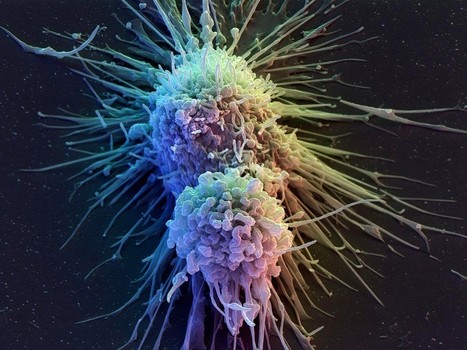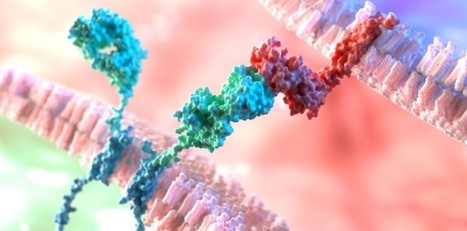Among available immunotherapies, the use of «CAR-T» cells is proving extremely effective against certain blood cancers, but only in half of patients.
Research and publish the best content.
Get Started for FREE
Sign up with Facebook Sign up with X
I don't have a Facebook or a X account
Already have an account: Login
 Your new post is loading... Your new post is loading...
 Your new post is loading... Your new post is loading...
|
|













Among the immunotherapies available, the use of CAR-T cells is proving extremely effective against certain blood cancers, but only in half of patients. One of the main reasons for this is the premature dysfunction of these immune cells, which have been artificially modified in vitro. A research team has discovered how to prolong the functionality of CAR-T cells. By inhibiting reductive carboxylation, the team has succeeded in creating CAR-T cells with enhanced immune memory, capable of fighting tumor cells for much longer. These are very promising results, to be read in the journal Nature. Without reductive carboxylation, CAR-T cells do not differentiate as much and retain their anti-tumor function for longer. They even tend to transform into memory T lymphocytes, a type of immune cell that retains a memory of the tumour elements that need to be attacked. The inhibitor used to block reductive carboxylation is a drug already approved for the treatment of certain cancers. It is therefore possible to reposition it in order to extend its use and produce more powerful CART cells in vitro. Of course, its efficacy and safety need to be tested in clinical trials